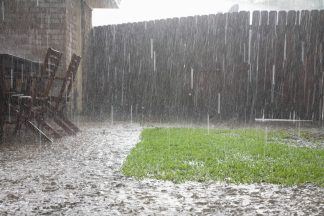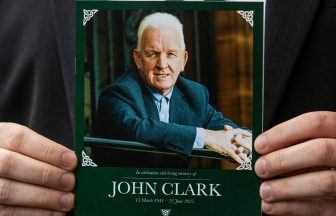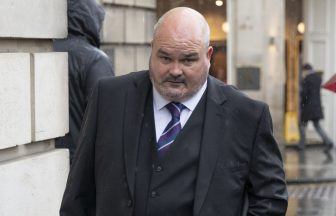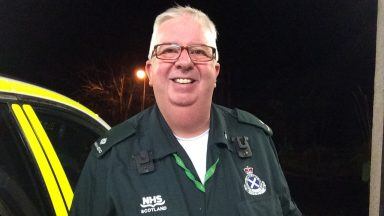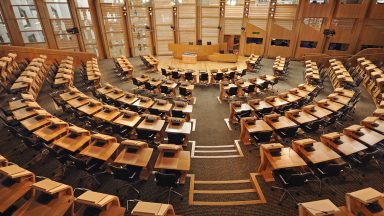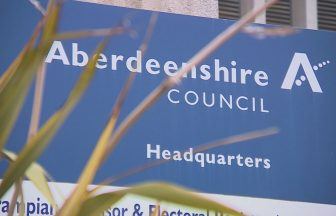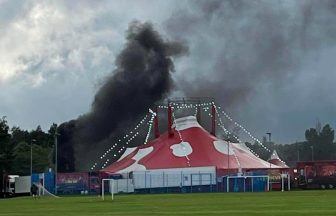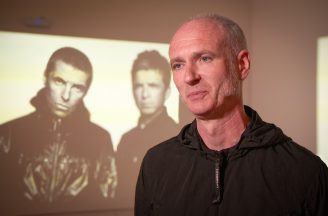An Aberdeen man is among six activists who have been found guilty of risking “serious harm” to Formula One drivers and race marshals during a track invasion at last year’s British Grand Prix.
Protesters stormed the Wellington Straight, the fastest point of the track, before sitting down during the opening lap of the race.
The race had been suspended following Alfa Romeo driver Zhou Guanyu’s first-corner crash, but a number of drivers sped by the group as they returned to the pits before race marshals dragged them off the tarmac.
University student Alasdair Gibson from Aberdeen is among six people who have been convicted over the incident.
Jurors at Northampton Crown Court convicted the four men and two women of causing a public nuisance after being shown footage of five of them sitting on and being dragged off the circuit.
Gibson and Louis McKechnie, both 22; Bethany Mogie, 40; David Baldwin, 47; Emily Brocklebank, 24; and 29-year-old Joshua Smith all claimed the “meticulous” protest did not risk serious harm.
All six defendants gave evidence at their trial, claiming the protest, which started after a red flag was signalled to halt the race, had followed a “meticulous” safety plan.
Jurors deliberated for eight hours and 47 minutes over three days before returning guilty verdicts on the activists, whom the Crown said had clearly caused an immediate risk of serious harm by sitting “in the face” of fast-moving vehicles.
Brocklebank, of Yeadon, Leeds; Gibson, from Aberdeen; Mogie, from St Albans; McKechnie, from Manchester; and Smith, from Lees in Oldham, went on to the race circuit during the protest.
Baldwin, of Stonesfield, Oxfordshire, was found in a car park along with glue, cable ties and a Just Stop Oil banner and was said by the Crown to have been “in it together” with his co-defendants.
At the start of the trial, prosecutor Simon Jones told the court: “As events unfolded, the F1 Grand Prix had started and it was under a red flag after a serious accident had occurred at the very start.
“Each of these defendants were present at Silverstone and they were intent on causing a disruption to the race.
“It is not in dispute that five of the defendants in this case – all of them save for David Baldwin – made it on to the racetrack and they did not have permission to be there.
“There is no dispute as to that, and they sat down in front of the ongoing cars – Formula One motor racing cars.
“They will inevitably say that this was done as an act of protest and in order to bring publicity to the cause and demands they make.”
Video footage from various camera angles covering Silverstone was played to the jury, as well as personal video statements from five of the defendants recorded a day before the protest, including a claim that the world is “being destroyed for the benefit of a few people”.
Mr Jones told the court: “The prosecution say that there was clearly an immediate risk of serious harm being caused. Plainly they could have been struck by fast-moving vehicles with obvious severe consequences.
“We say that that their actions also caused risk to the drivers themselves and the marshals.”
McKechnie, who grew up in Weymouth in Dorset, told jurors the group had planned the protest over two-and-a-half months, making it as safe as possible.
He also denied that the action, designed to draw media attention to Just Stop Oil’s call for the Government to halt new fossil fuel extraction licences, had been reckless.
McKechnie has a previous conviction for tying himself to a goalpost to disrupt a Premier League football match and was convicted alongside Brocklebank after they glued themselves to the frame of a Van Gogh painting at a London gallery last June.
The protesters were told they each face a possible prison sentence when they return to court on March 31.
Mr Justice Garnham told the activists’ barristers: “All of them should understand and be in no doubt that I will be considering all possible options when it comes to sentence, and that includes the possibility of a prison sentence.”
All the defendants were granted bail after agreeing not to become involved in further protests while awaiting sentence.
During the trial, Mogie asked the jury to consider a 2021 Unicef report, which said about a billion children around the world are at “extremely high risk” from the impacts of the climate crisis and pollution.
The mother-of-four, who represented herself during the trial, said in her closing speech to the jury: “To love is to protect.
“And I hope you can see that’s what we set out to do that day at Silverstone, before and on the day, with our planning and by sitting on the track peacefully for all that we are trying to protect.
“I hope you have been able to see us for the people that we are, not just protesters.
“We could never act to harm or be reckless. We act in love to protect. I hope in your hearts you can see this and find us not guilty.”
Follow STV News on WhatsApp
Scan the QR code on your mobile device for all the latest news from around the country


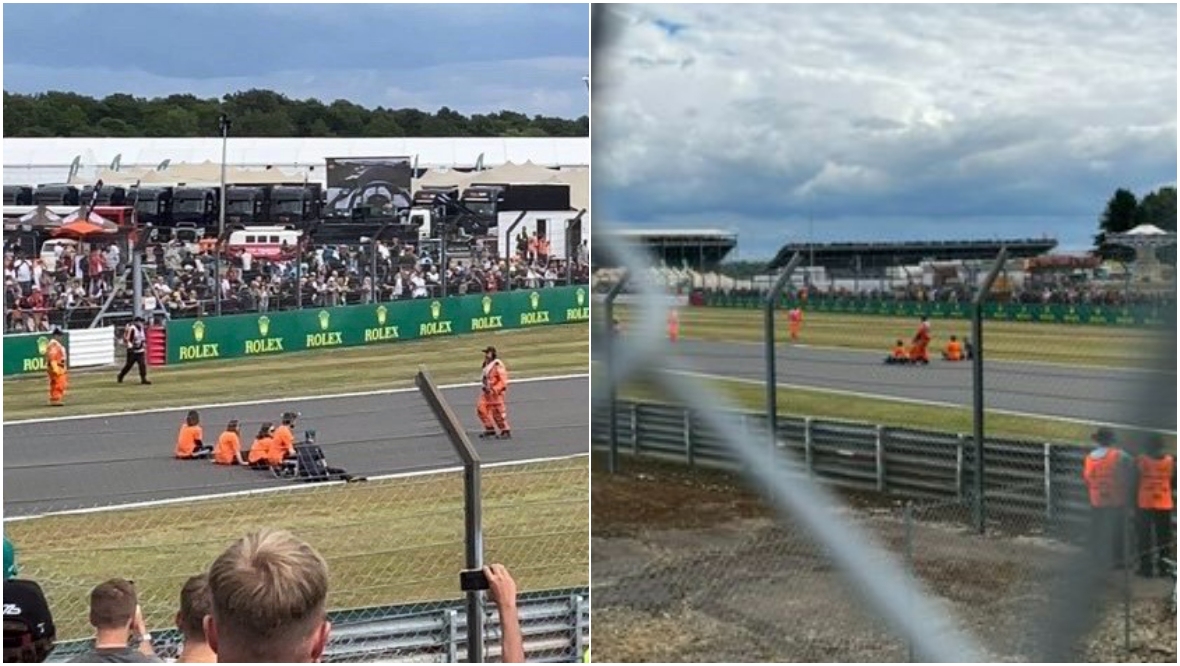 Just Stop Oil
Just Stop Oil
